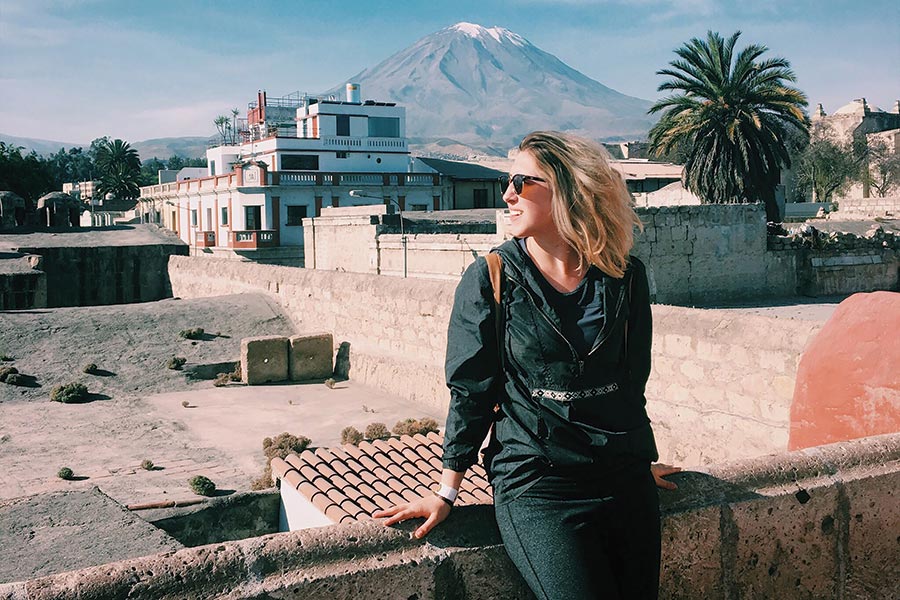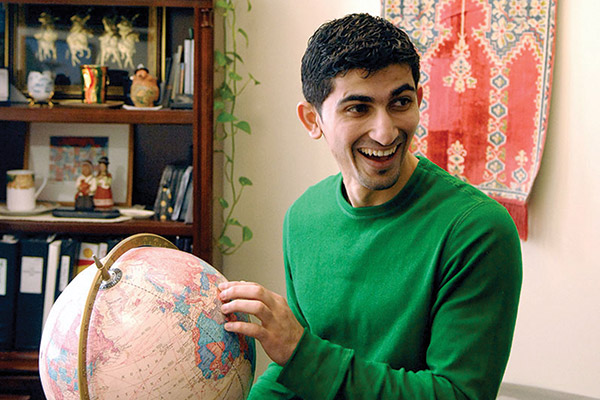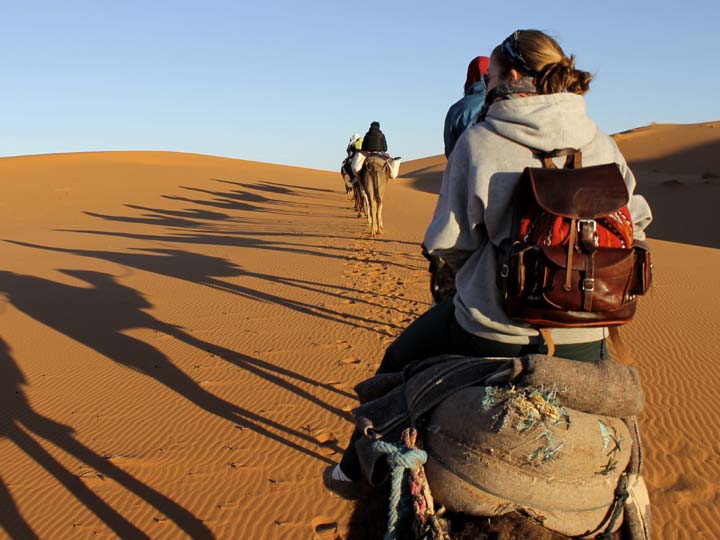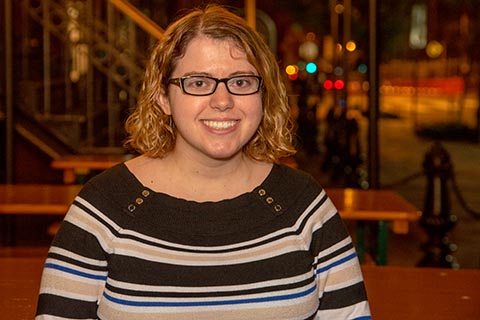International & Global Studies
Bachelor of Arts
Develop skills to analyze and understand the political, economic, social, and cultural aspects of global problems and issues —
for a career in government, foreign diplomatic service, intelligence agencies, business, journalism, law, or international service work. Explore fair trade, women's movements, microfinance, disaster relief, human trafficking, media, religious nationalism, identity, world literature and art. Choose among four elective tracks to focus on conflict and resistance, sustainability, development, or art and culture. Complete a minor in a foreign language.

Highlights
Choose study abroad and domestic or international internships that align with your interest areas
Add a major or minor in business, global sustainability, history, religious studies, interfaith studies, social work, or political science
Prepare to teach with a double major in inclusive education
Naz graduates have gone on to prestigious graduate programs around the world



Career Paths
- English instructor overseas
- Foreign service officer
- International corporation professional
- International development consultant
- Non-profit program coordinator
- Program evaluator
- Journalist
- Researcher
- Translator
Internships
- Global non-government organization such as World Bank or UNESCO
- International environmental organization such as World Wildlife Fund
- United Nations Association in Rochester; Washington, D.C., or abroad
- Critical language fellowship overseas
- Washington Internship Institute
- Rochester Refugee Resettlement Services or other refugee settlement work
- Fulbright English Teaching Assistantship overseas
- Peace Corps
Graduate Schools
- UCLA and UC Santa Barbara
- Syracuse University
- University of Pittsburg
- City of New York Graduate Center
- Humboldt University of Berlin
- London School of Economics
- School of Oriental and African Studies (SOAS) in London
- Aarhus University in Denmark
- American University of Cairo
- University of Shanghai
- RMIT University in Melbourne
99%
of new Nazareth grads are employed or in grad school within six months of graduation
4 Tracks
Focus your interest by choosing a track: Conflict, Security & Resistance; Global Sustainability; Development Studies; Cultural & Artistic Formations
$1,500
Our SPARK Grant provides $1,500 for you to pursue an internship, research, or study abroad. SPARK details »
Want to teach?
For elementary school (birth to grade 6): You can double major in international and global studies and in inclusive early childhood/childhood education, for a curriculum that includes both international/global studies and teaching younger children, preparing you to get teaching certification.
Program Director

Alumni Spotlight
Lindsey Spector, public affairs specialist, U.S. Dept. of State, went on for master's degrees in international relations from Syracuse University and in development studies at International Institute of Social Studies of Erasmus University Rotterdam, Netherlands
"My experiences at Nazareth made me a critical thinker, improved my writing skills, solidified my interest in international issues, and — most importantly — I think Nazareth gave me a greater awareness of myself. I think a large part of that was my experience studying abroad in Berlin, Germany, and Valencia, Spain. My internship through the Berlin program at the German Parliament helped solidify my interest in international politics and really helped me see issues from a completely new perspective."
"The personal relationships I built at Nazareth with professors and fellow students... I've been able to continue those relationships and build my network."